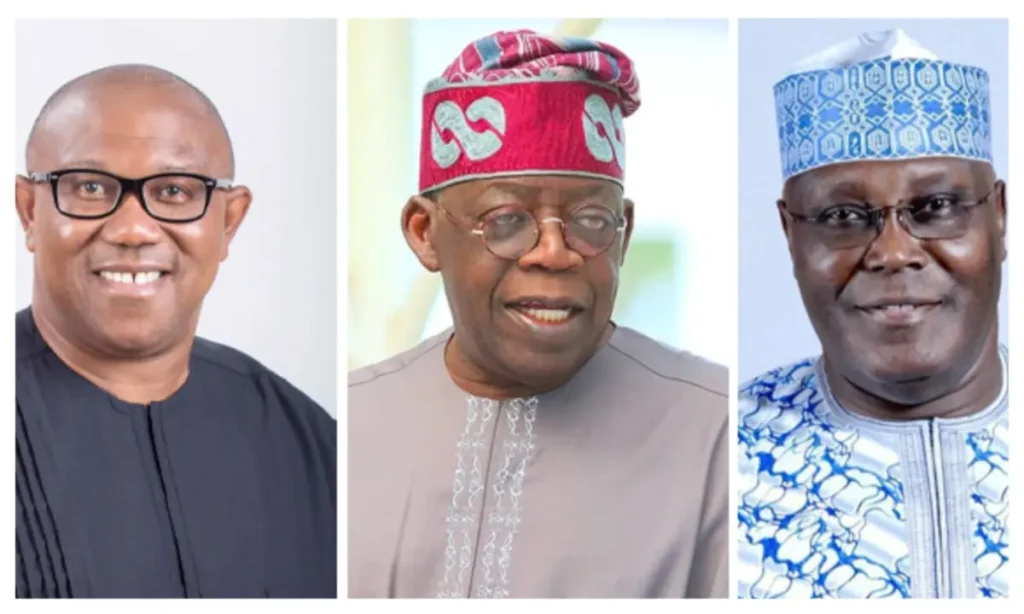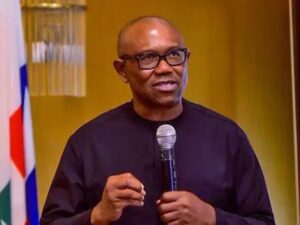A new bill in Nigeria’s House of Representatives is stirring controversy as it seeks to prevent anyone over 60 years from running for president or governor. If passed, this law would bar notable politicians like President Bola Tinubu, former Vice President Atiku Abubakar, and Labour Party’s Peter Obi from contesting in the 2027 elections.
The bill, sponsored by Imo lawmaker Ikenga Ugochinyere, has already passed its second reading. It proposes changes to the 1999 Constitution, stating that only individuals under 60 with at least a university degree can contest for these top political positions.
The bill has received strong support from Nigerian youths who feel sidelined in politics for years. They believe it could create opportunities for younger leaders and push older politicians into retirement.
However, critics argue that age should not be the focus of electoral reforms. Osita Okechukwu, a founding member of the All Progressives Congress (APC), believes Nigeria needs a proper electoral reform system rather than age restrictions. He suggests implementing recommendations from the Uwais Report of 2008 to ensure fair elections.
Similarly, Omoyele Sowore, a former presidential candidate, dismissed the bill, calling it discriminatory and predicting that it would not pass. He described it as a distraction from pressing political issues like corruption.
On the other hand, Terzulum Ukpanya, a former Labour Party candidate, supports the bill. He believes that older politicians focus on personal wealth rather than national progress. He argues that younger leaders are needed to drive development, citing France’s President Emmanuel Macron as an example of youthful leadership.
Despite strong opinions on both sides, many doubt the bill will be signed into law. Critics argue that older politicians in power will resist any move that threatens their political dominance.
While the debate continues, one thing is clear: Nigeria’s political landscape is shifting, and younger politicians are pushing for greater inclusion in leadership roles.







